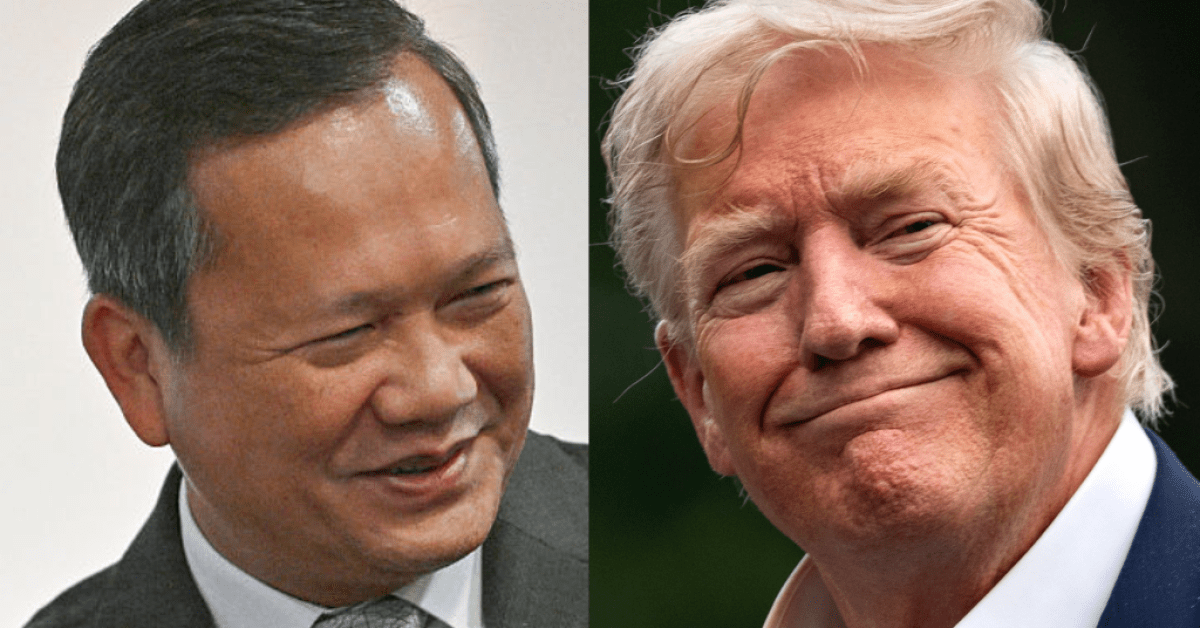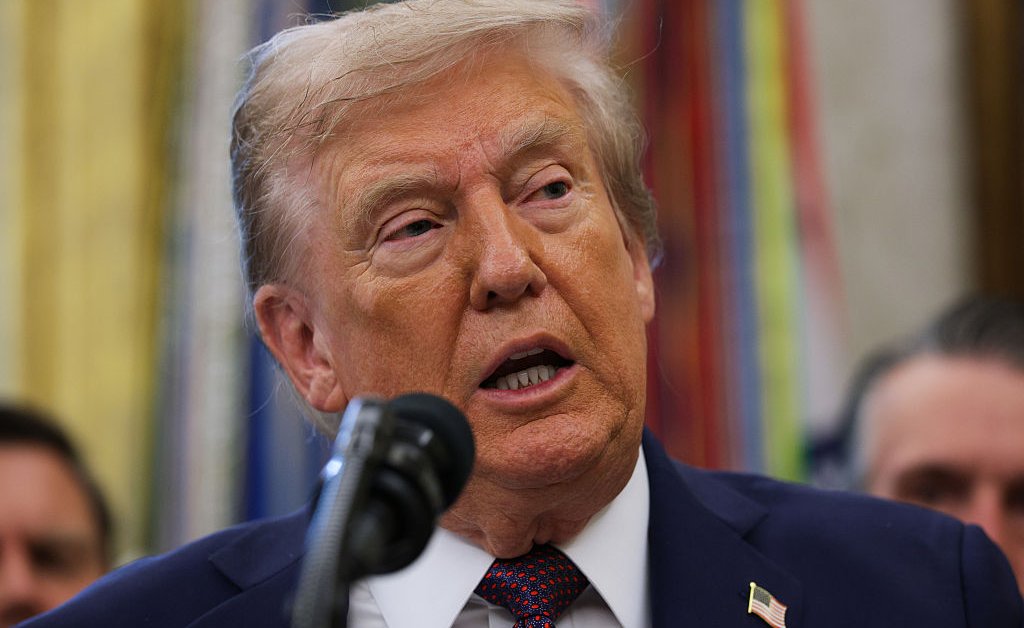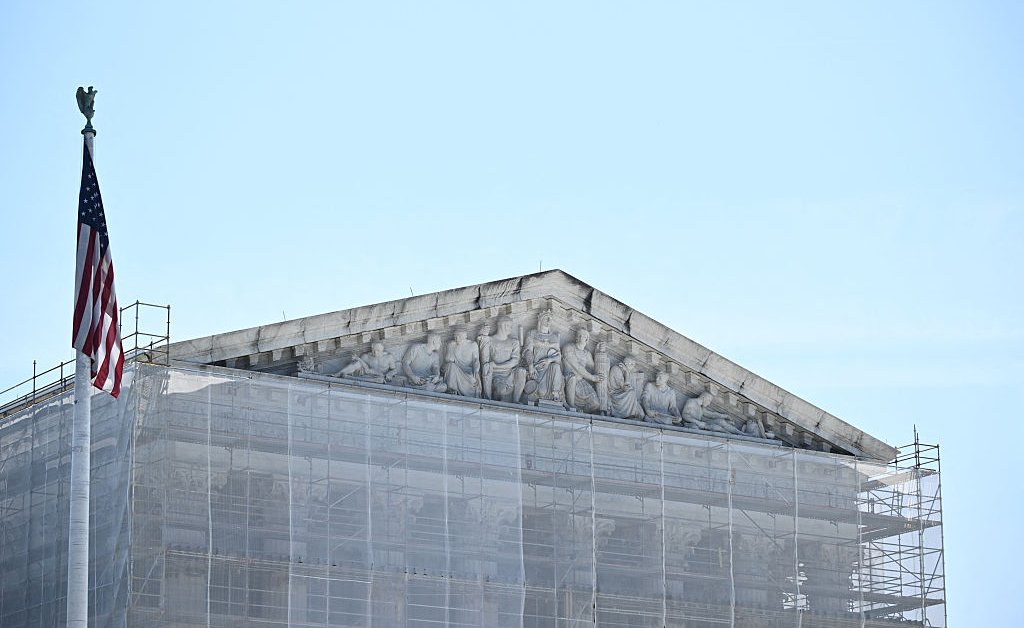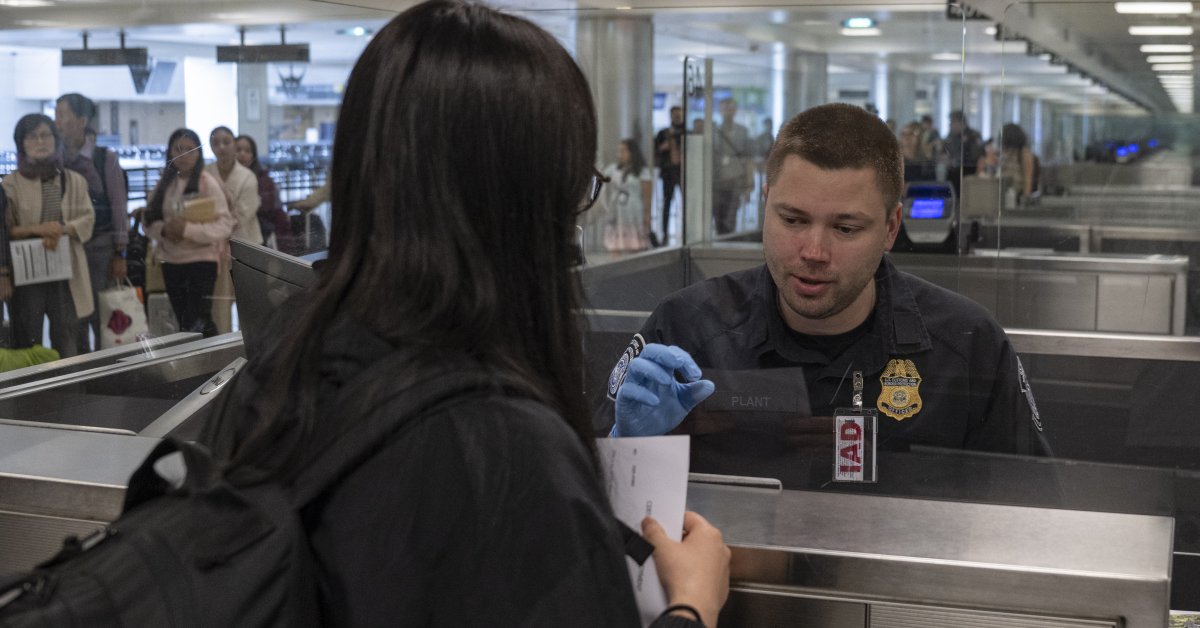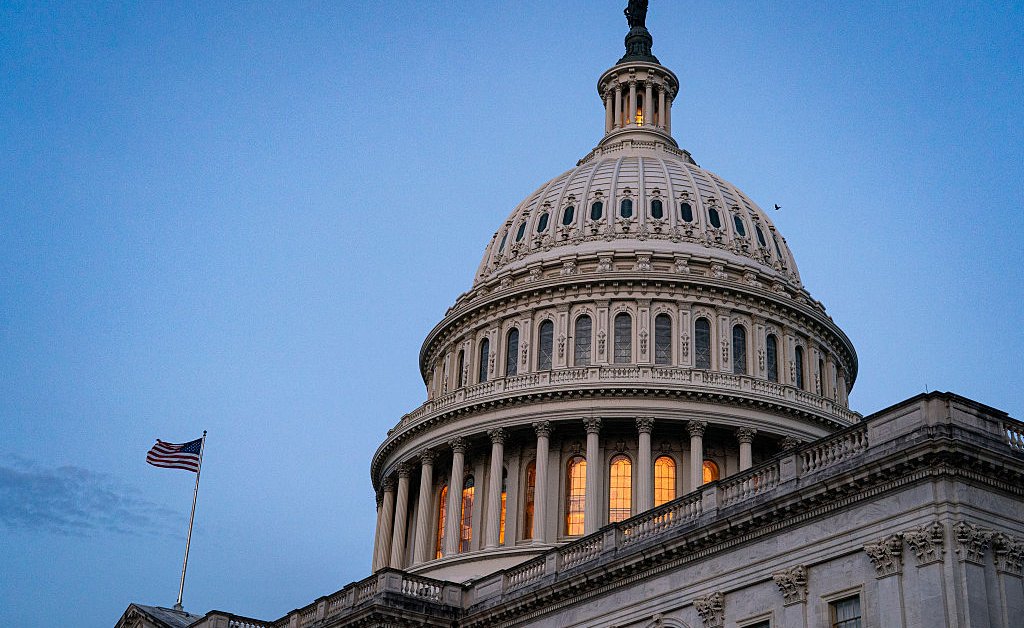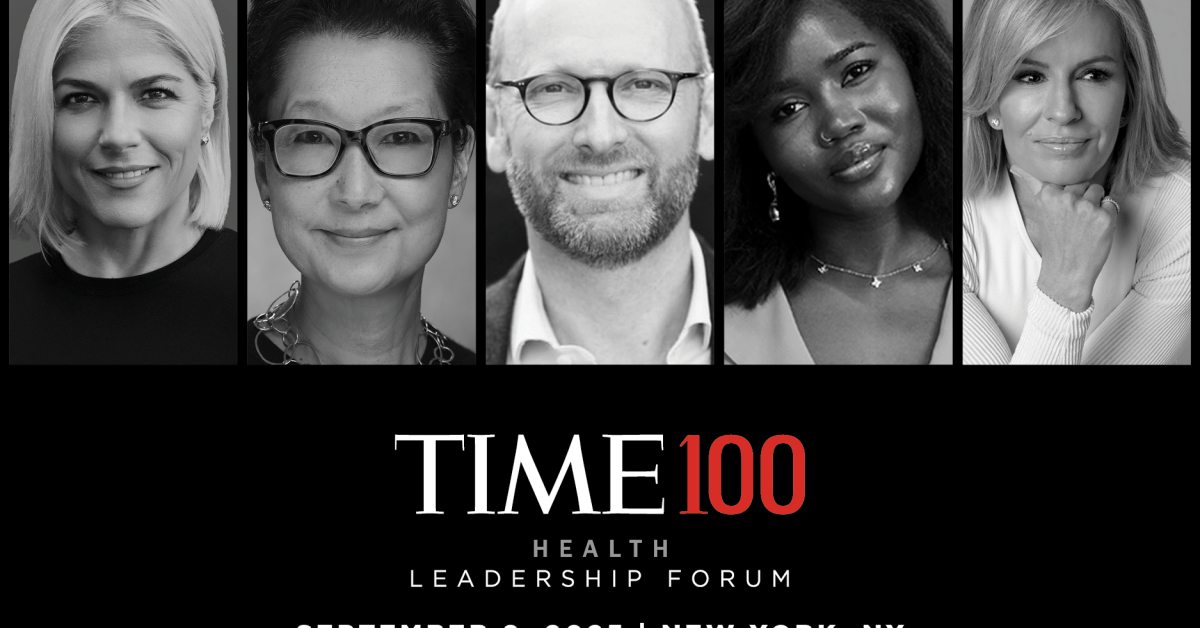The Brief August 11, 2025
Australia to recognize Palestinian statehood, Cambodia nominates Trump for Nobel Peace Prize, and more
“This is but one example of President Trump’s exceptional achievements in de-escalating tensions in some of the world’s most volatile regions,” Cambodian Prime Minister Hun Manet wrote in a letter to the Norwegian Nobel Committee on August 7. “This nomination reflects not only my appreciation but also the heartfelt gratitude of the people of Cambodia for his crucial role in restoring peace and stability.”
It’s the latest example—following earlier Nobel nominations from Israel and Pakistan—of what journalist and global affairs analyst Tom Nagorski described as “flattery diplomacy” in an essay for TIME last month.
But it’s a particularly remarkable move coming from a country that’s previously professed a “friendship [that] transcends time and space” with the U.S.’s geopolitical rival China.
Read More: Why Cambodia Matters to the U.S.-China Rivalry
“It looks as if Cambodia is trying to thaw its icy ties with Washington,” Paul Chambers, a visiting fellow at the ISEAS-Yusof Ishak Institute in Singapore, tells TIME. Such a rapprochement, he adds, would mark a “significant shift” in Cambodian foreign policy.
Here’s what to know.
U.S.-Cambodia relations up to now
Days before Trump entered the White House for the first time in 2017, Cambodia canceled the “Angkor Sentinel” joint military exercise with the U.S. that it had held for seven straight years. While the cancellation was attributed to the ruling party’s preparation for local elections, it nonetheless marked the start of bilateral bitterness between Trump and the Southeast Asian nation.
Weeks later, the U.S. envoy to Cambodia at the time emphasized that Cambodia should repay hundreds of millions of dollars in loans from the 1970s, originally given as food aid to the Lon Nol government. Cambodia, however, has insistently refused to pay the loan, which has ballooned with interest in the intervening decades, citing the U.S.’s notorious legacy from its military operations in the country. “They brought bombs and dropped them on Cambodia and 1754921706 demand Cambodian people to pay,” Hun Sen, Hun Manet’s father and then Prime Minister, said in 2017.
In recent years, under both Trump’s and former President Joe Biden’s Administrations, the U.S. has imposed sanctions and visa restrictions on Cambodia over its poor human rights record and corruption.
At the same time, Cambodia has grown closer to China—its top trading partner, greatest investor in infrastructure and development, and increasingly a key military cooperator.
“Strategic flexibility”
Observers, however, have noted that Cambodia has begun to recalibrate its international ties. While it certainly has not turned away from China, it has opened up toward a new era of relations with the U.S.
The shift hasn’t come out of nowhere. Under Hun Manet—who took over the premiership from his autocratic father Hun Sen in 2023 and has an extensive Western education including from the U.S. Military Academy at West Point—Cambodia proposed in February to reinstate the canceled Angkor Sentinel exercises. And Defense Secretary Pete Hegseth is expected to visit Cambodia’s controversial Ream Naval Base later this year.
But for Cambodia, embracing Trump as a peacemaker has proven key to the recalibration process.
As Cambodia’s border dispute with Thailand was escalating, countries around the world were vying for Trump’s attention to get a trade deal or lowered tariff rate before his previously announced “Liberation Day” levies were set to kick back in. Both Cambodia and Thailand were set to face a 36% rate, but after their cease-fire was announced so was a new rate of 19%.
Raksmey Him, executive director of the Cambodian Center for Regional Studies, tells TIME that the episode—and Nobel hype that followed—served to make Cambodia “relevant” to Trump.
Sophal Ear, an associate professor of global political economy at Arizona State University, described the Nobel nomination as a “low-cost, high-visibility gesture” that “allows the government to signal goodwill without making real concessions.”
Chambers says that Cambodia is looking toward Washington for more trade, aid, cooperation, and investment as an opportunity to “escape from a dependency on China.”
Chandarith Neak and Chhay Lim, academics at the Royal University of Phnom Penh, called it a policy of “strategic flexibility” to “diversify dependencies,” in an April article for the Lowy Institute’s The Interpreter.
“Despite its alignment with China, Cambodia knows the geopolitical winds can shift quickly,” Ear tells TIME. “Demonstrating openness to renewed U.S. engagement—especially through a figure like Trump—could yield future flexibility or leverage.” That could come in the form, Ear says, of trade and tariff preferences, military cooperation, and even a “diplomatic softening” of U.S. rhetoric, such as on human-rights and corruption issues, about Cambodia.

